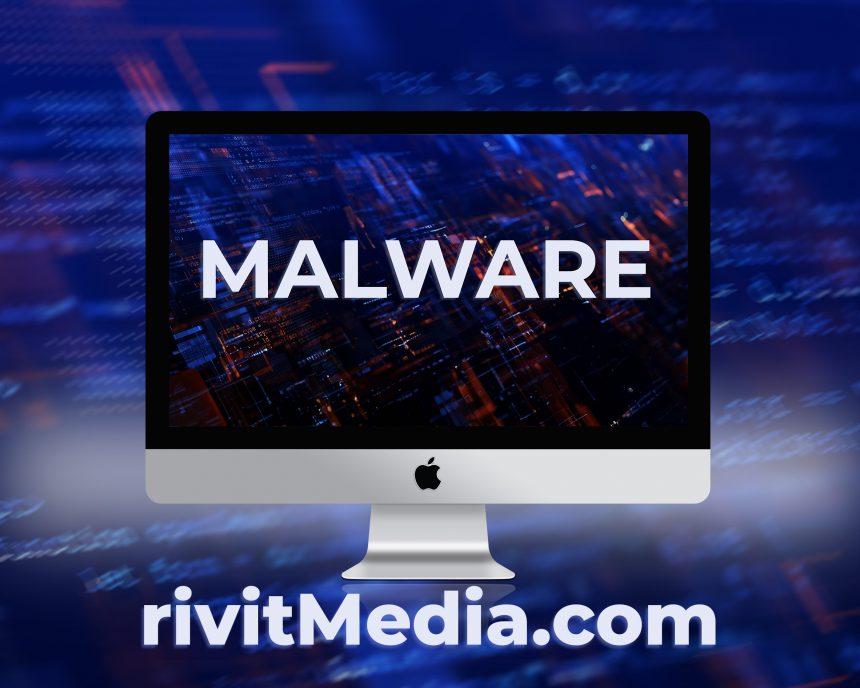In the ever-evolving landscape of cybersecurity threats, Laze stands out as a formidable information-stealing malware. Targeting a wide array of platforms, including Discord, web browsers, and cryptocurrency wallets, Laze poses a significant risk to users’ sensitive data. This comprehensive article delves into the nuances of Laze malware, its spreading methods, and the potential consequences it can unleash on unsuspecting victims.
Laze Malware Overview
Laze is a sophisticated information-stealing malware designed to extract a diverse set of data from Discord, web browsers, cryptocurrency wallets, and other sources. Actively promoted by its developers on Discord, Laze has become a concerning threat in the realm of cybersecurity. Its primary focus is on Discord, where it harvests an extensive range of information, including email addresses, phone numbers, billing details, Nitro status, Multi-Factor Authentication (MFA) configurations, and access tokens.
Detection Names
- Ransom.Win64.Wacatac.sa
- Trojan:Win32/Znyonm (Microsoft)
Spreading Methods
Laze employs various methods to infiltrate and compromise systems, making it essential for users to be vigilant and adopt preventive measures:
- Infected Email Attachments: Users may receive seemingly legitimate emails containing infected attachments or links to deceptive websites. Clicking on these attachments or links can lead to the unwitting download and execution of Laze on the user’s system.
- Malicious Online Advertisements: Clicking on deceptive ads, especially those on untrustworthy websites, poses a significant risk. Cybercriminals often use misleading ads to trick users into downloading and installing malware disguised as legitimate software.
- Social Engineering: Laze may exploit social engineering tactics to manipulate users into taking actions that compromise their security. This can include deceptive messages or notifications designed to trick users into downloading malware.
- Software Vulnerabilities: Failing to promptly update operating systems, applications, and security software exposes users to the risk of exploitation by cybercriminals. Laze can take advantage of known vulnerabilities to deliver its payload.
Consequences of Laze Malware
The potential consequences of falling victim to Laze malware are far-reaching and can have severe implications for users:
- Financial Losses: Laze’s ability to target cryptocurrency wallets poses a direct threat to users’ financial security. Unauthorized access to wallet data can lead to financial losses through the theft of cryptocurrencies.
- Identity Theft: The theft of personal information, including email addresses and phone numbers, increases the risk of identity theft and fraud. Cybercriminals can exploit this data for malicious purposes, jeopardizing users’ personal and financial well-being.
- Discord Credential Exploitation: By infiltrating Discord, Laze compromises users’ credentials, personal conversations, and gaming-related information. The impact extends beyond individual users to disrupt community interactions and compromise the integrity of Discord servers.
- Gaming Credentials and Privacy Compromised: Laze’s reach extends to gaming applications like Steam, Epic Games, Riot Games, and Minecraft, exposing users’ gaming credentials and personal conversations. This compromises both the privacy and security of users engaged in online gaming.
Removal Guide
Given the severity of Laze malware’s potential consequences, it’s crucial to take immediate steps for removal:
- Update Security Software: Ensure that your security software is up to date to effectively identify and mitigate Laze. Regularly updating antivirus software is essential for detecting and removing the latest threats.
- Scan Your System: Perform a thorough system scan using reputable antivirus software to detect and remove any instances of Laze malware.
- Update Operating System and Software: Promptly update your operating system, applications, and security software to patch known vulnerabilities and reduce the risk of malware exploitation.
- Exercise Caution with Emails and Links: Be vigilant when receiving emails with attachments or links, especially from unknown or suspicious sources. Avoid clicking on links or downloading attachments from untrusted emails.
Conclusion
Laze malware presents a multifaceted threat, targeting Discord, web browsers, and cryptocurrency wallets to pilfer sensitive data. Users must adopt a proactive approach to cybersecurity by staying informed, updating their systems regularly, and exercising caution when interacting with emails and online content. By understanding the potential consequences of Laze malware and following the removal guide, users can mitigate the risks posed by this sophisticated information stealer.





